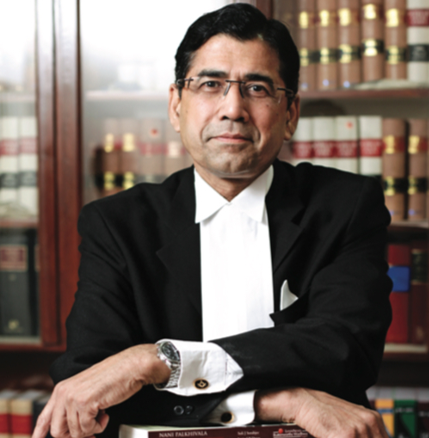
In May 2023, a single judge bench of the Karnataka High Court quashed a tax demand of INR 21,000 crores (£2.4 billion) made against several online gaming companies, in the matter of Gameskraft Technologies Private Limited v DGGSTI.
The Revenue had levied Goods and Service Tax against the companies on the basis that online games amounted to “betting and gambling” and were therefore subject to the highest rate of tax at 28%. The Revenue contended that online games that entitle a player to a financial reward were akin to betting and gambling even if success involved skill.
The gaming companies sought to highlight the distinction between a game of chance and a game of skill arguing that the phrase “betting and gambling” would cover only those cases where there was a monetary reward based on mere chance. The Karnataka High Court accepted the gaming companies’ arguments, including that section 12 of the Public Gambling Act 1867 excluded its application to “any game of mere skill wherever played” and that the 1867 Act continued to be a “law in force” under Article 372(1) of the Constitution of India.
Arvind P. Datar acted for some of the successful gaming companies.



